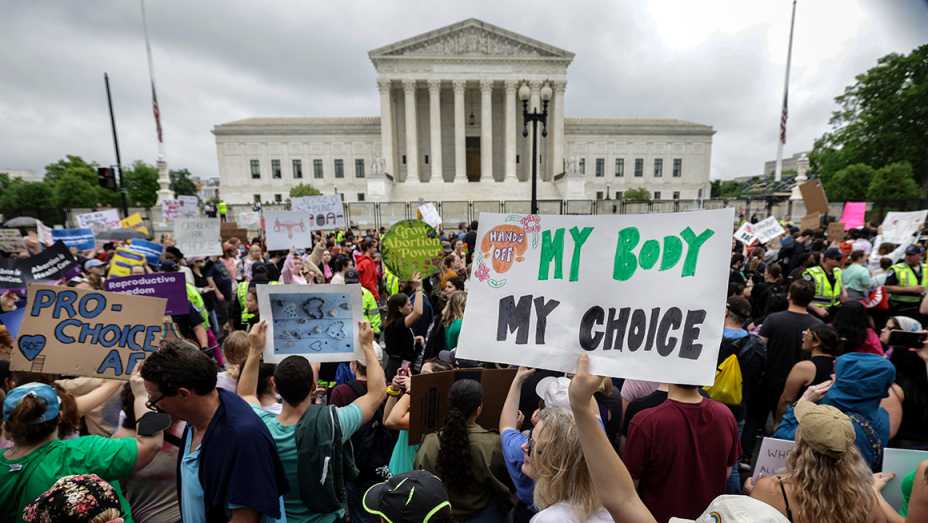The issue of abortion has been a subject of great debate and controversy worldwide. However, in some countries, women have the legal right to make decisions about their reproductive health, including access to safe and legal abortion services.
In this blog post, we will explore a selection of countries where abortion is legal, examining the laws and regulations in place that prioritize women’s reproductive rights, choice, and access to essential healthcare services.
Canada
Canada is among the countries that have long recognized a woman’s right to choose. Since 1988, abortion has been fully decriminalized, and it is considered a medical procedure available on request. Women in Canada can access safe and legal abortions without facing restrictive regulations or requirements.
United States
The landmark Supreme Court decision in Roe v. Wade in 1973 secured the right to access abortion for women in the United States. For instance, in cities like Detroit, where access to reproductive care can be limited, this ruling has provided critical protection for women seeking abortion services.
Despite this, restrictive state laws have challenged this right in some areas, leaving women to face significant obstacles in accessing the care they need. While Roe v. Wade remains a major victory for women’s reproductive rights, it’s clear that there is still work to be done to ensure that all women have equal access to safe and legal abortion services, regardless of where they live.
United Kingdom
The United Kingdom legalized abortion in England, Scotland, and Wales under the Abortion Act of 1967. This act allows women to have an abortion if it is performed by a registered medical practitioner and the procedure is carried out in a licensed clinic or hospital. Abortion is available up to 24 weeks of pregnancy with exceptions for later terminations in specific circumstances.
Australia
Abortion laws in Australia vary by state and territory. In most states, abortion is legal, and women can access safe and legal abortion services in the early stages of pregnancy. Later abortions are generally permitted if two doctors agree that it is necessary for medical or mental health reasons. However, the specific regulations can differ from one state to another.
France
France legalized abortion in 1975 through the Veil Law, named after Simone Veil, the Minister of Health at the time. The law allows women to have an abortion up to 12 weeks of pregnancy. In specific circumstances, the procedure can be performed up to 14 weeks. France also provides access to confidential and affordable contraceptive services.
Germany
Abortion is legal in Germany during the first trimester. However, it is subject to mandatory counseling at least three days before the procedure can take place. The counseling aims to provide information about alternatives to abortion and support for women in their decision-making process.
South Africa
In South Africa, abortion is legal under the Choice on Termination of Pregnancy Act of 1996. This act allows abortion on request up to 12 weeks of pregnancy. In specific circumstances, such as when the mother’s life is in danger or in cases of fetal abnormalities, abortion can be performed up to 20 weeks.
Sweden
Sweden has a progressive approach to reproductive rights. Abortion has been legal in Sweden since 1975. Women can access safe and legal abortion services up to the 18th week of pregnancy. The country also prioritizes comprehensive sexual education and contraceptive services.
Nepal
Nepal legalized abortion in 2002, allowing women to access safe and legal abortion services on request up to 12 weeks of pregnancy. In certain circumstances, such as rape, incest, or fetal anomalies, abortion can be performed up to 28 weeks.
Uruguay
Uruguay is among the progressive countries in Latin America when it comes to abortion rights. In 2012, the country decriminalized abortion in the first 12 weeks of pregnancy, making it accessible to women in need of reproductive healthcare.
Conclusion
In these countries where abortion is legal, women have the freedom to make decisions about their reproductive health and exercise their right to choose. Legalizing abortion is a significant step toward empowering women, ensuring their autonomy, and providing access to safe and essential healthcare services. However, despite these advancements, the fight for women’s reproductive rights and access to safe abortion services continues in many parts of the world.
As the global conversation about reproductive health progresses, it remains crucial to advocate for comprehensive sexual education, affordable contraceptive options, and accessible abortion services for women everywhere. Only through continuous efforts and education can we foster a world where women can exercise their right to choice and access the healthcare they deserve.
Suggested Reads:
CDN-AF.Feednews.com: Exploring the World of News Aggregation
How Google Celebrated Pacman 30th Anniversary?
How to Play Now.GG Roblox Games on your PC in 2023
Teltlk: A Revolutionary VoIP Solution Transforming Business Communication
